10 Quick Fixes to Avoid HVAC Replacement Issues
Maintaining an HVAC system efficiently can prevent costly replacements and keep homes comfortable year-round. Proper care, timely inspections, and attention to detail extend the life of heating, ventilation, and air conditioning systems. According to Workyard, residential HVAC systems account for nearly 40% of the market, emphasizing the importance of proactive maintenance.
Homeowners can take practical steps to prevent premature HVAC replacement by focusing on maintenance, filter care, thermostat calibration, ductwork, outdoor unit upkeep, and electrical and mechanical inspections.
1. Performing Regular HVAC Maintenance
Regular maintenance is crucial to prolonging the life of an HVAC system. Scheduling routine inspections allows homeowners to address minor issues before they become costly problems. Maintenance checks for both heating and cooling systems ensure optimal performance and reduce the risk of unexpected failures. A professional HVAC company can provide comprehensive inspections and adjustments, helping systems operate efficiently and extending their lifespan. A proactive approach also reduces energy consumption and keeps the system running smoothly.
Visual inspections are another important aspect of maintenance. Homeowners should check for signs of rust, corrosion, or unusual noises that might indicate hidden issues. Early identification of these problems can prevent them from escalating into the need for HVAC replacement. Regular attention to both visible and operational components strengthens system reliability and performance.
Hiring professional technicians complements DIY maintenance. Experts have tools to detect subtle issues that homeowners might overlook. Professional HVAC companies provide cleaning, tuning, and adjustments during inspections, ensuring all components operate at peak efficiency.
2. Replacing and Cleaning Filters Consistently
Filters are essential for maintaining indoor air quality and HVAC efficiency. Choosing the right filter type, whether fiberglass, pleated, or HEPA, requires considering the system's specifications and household needs. Properly maintained filters prevent dust and debris from accumulating in the system, reducing strain and energy costs. Homes with pets or allergy sufferers may need more frequent replacements.
Replacing filters every few months keeps systems running efficiently and prevents blockages that could lead to HVAC replacement. Inspecting and replacing filters is a big part of routine maintenance, ensuring airflow remains unobstructed. Regular attention to filter care protects both the system and the household environment.
Installing filters correctly is also vital. Always turn off the system, remove the old filter, note the airflow direction, and insert the new filter properly. Ensuring a snug fit prevents air bypass, helping the system maintain efficiency and longevity.
3. Calibrating the Thermostat Accurately
Proper thermostat calibration ensures accurate temperature control and reduces energy waste. Over time, thermostats can drift, causing systems to cycle unnecessarily and increasing wear on components. Homeowners should follow the manufacturer's instructions or consult professionals for calibration. Professional HVAC companies can assist with ensuring the thermostat maintains the correct settings for consistent comfort.
Maintaining the correct thermostat settings minimizes energy usage, prevents excessive wear, and supports system longevity. Accurate temperature control complements other maintenance efforts, contributing to an overall reduction in HVAC replacement risk.
4. Inspecting Ductwork for Leaks and Blockages
Leaky or blocked ducts reduce HVAC efficiency, compromise air quality, and increase energy costs. Homeowners should routinely check ductwork for signs of damage or obstruction. An HVAC company provides inspections, sealing, and repairs to ensure airflow remains unobstructed. Properly maintained ducts help the system operate efficiently, reducing the likelihood of costly HVAC replacement.
Regular duct inspections prevent small issues from escalating. Blockages from debris or disconnected sections force the system to work harder, stressing components and shortening their lifespan. Addressing leaks and blockages promptly preserves comfort and system reliability.
5. Cleaning Coils and Ducts Thoroughly
Dust and debris accumulating on coils and inside ducts hinder airflow, reduce efficiency, and compromise indoor air quality. Professional cleaning removes these contaminants, allowing the system to run optimally. Finding an HVAC company that follows specific practices is important to ensure coils and ducts are thoroughly cleaned, improving both airflow and performance.
Cleaning should be performed every few years, particularly in homes with pets or high dust exposure. Maintaining clean ducts and coils supports system longevity, improves indoor air quality, and reduces energy costs. Regular cleaning also prevents unnecessary strain on the HVAC system, helping to avoid premature HVAC replacement.
6. Sealing and Insulating Ducts Properly
Leaky or poorly insulated ducts cause conditioned air to escape, wasting energy and reducing comfort. Proper sealing and insulation maintain temperature consistency throughout the home, reducing strain on the HVAC system. An HVAC company can offer duct sealing and insulation services to maintain efficiency and extend system life. Properly maintained ducts help prevent costly HVAC replacement and improve indoor comfort.
Insulation is especially important in attics, basements, and crawlspaces where temperature fluctuations are common. Properly insulating these areas helps maintain consistent airflow and keeps the home comfortable year-round. Addressing insulation needs also reduces energy consumption and prevents unnecessary strain on the HVAC system, lowering the risk of premature HVAC system replacement.
7. Maintaining Outdoor Unit Health
Outdoor HVAC units must remain free from debris, vegetation, and obstructions to function effectively. Leaves, dirt, and plants can restrict airflow, causing overheating and potential system damage. Homeowners should regularly clear the area around the unit. You can rely on a professional HVAC service for inspections and maintenance to keep outdoor units running efficiently, supporting overall system longevity and preventing HVAC replacement.
Ensuring adequate clearance around the unit helps prevent backflow and improves airflow. Regularly checking and removing debris or vegetation around the outdoor components keeps the system running efficiently. Routine attention to these areas is a simple yet effective way to maintain system health and reduce the risk of premature HVAC system replacement.
8. Ensuring Proper Airflow Throughout the System
Blocked vents or poorly positioned components can create high or low pressures, reducing system efficiency and increasing component wear. Homeowners should clean vents and ensure airflow paths remain unobstructed. An HVAC company provides professional inspections and adjustments to optimize airflow, protecting the system and lowering the risk of HVAC replacement.
Consistent airflow ensures even temperature distribution and reduces strain on system components. Combining proper ductwork maintenance, timely filter replacements, and regular airflow checks helps the system operate at peak efficiency. This comprehensive approach supports HVAC longevity, lowers energy costs, and reduces the likelihood of premature HVAC replacement.
9. Identifying Electrical Issues Early
Electrical problems can compromise HVAC performance and safety. Symptoms such as flickering lights, tripped breakers, or unusual odors indicate potential faults. Early recognition allows homeowners to call professionals before serious damage occurs. HVAC companies conduct electrical inspections to maintain system reliability and prevent unexpected failures.
Addressing electrical issues promptly protects both the HVAC system and the household from potential hazards. Early detection of problems, such as flickering lights or tripped breakers, allows for timely professional intervention. Taking these steps reduces stress on the system, prevents costly repairs, and lowers the risk of premature HVAC replacement.
10. Performing Routine Mechanical Checks
Mechanical components, including belts, blower assemblies, motors, and bearings, require regular inspection to ensure smooth operation. Proper lubrication and tightening reduce friction and prevent wear, supporting efficient system performance. A professional HVAC company provides professional mechanical checks, helping homeowners maintain reliable and long-lasting HVAC systems.
Routine mechanical maintenance complements all other efforts, from filter care to ductwork inspections. Consistently attending to mechanical integrity reduces the risk of component failure and costly HVAC replacement. Regular checks, including lubrication and tightening of moving parts, ensure that every component functions smoothly, preventing unexpected breakdowns and maintaining system efficiency.
Applying these quick fixes helps homeowners maintain comfort, reduce energy costs, and extend HVAC system life. Following a structured maintenance plan prevents minor issues from escalating into major problems that require a system replacement. Rely on PDQ Mechanical LLC for professional maintenance, inspections, and repairs to protect your investment, ensure reliable system performance, and avoid premature system replacement.

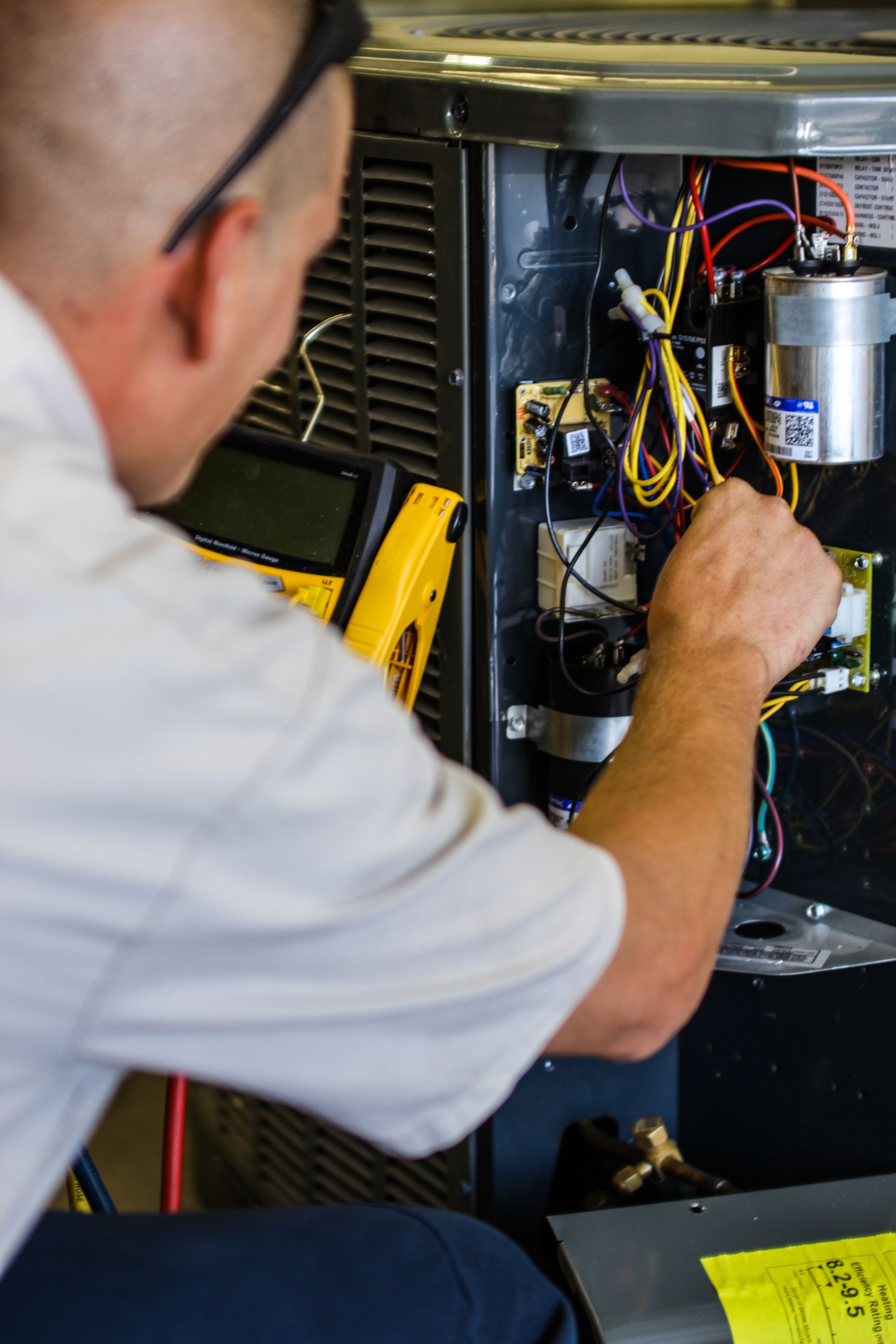
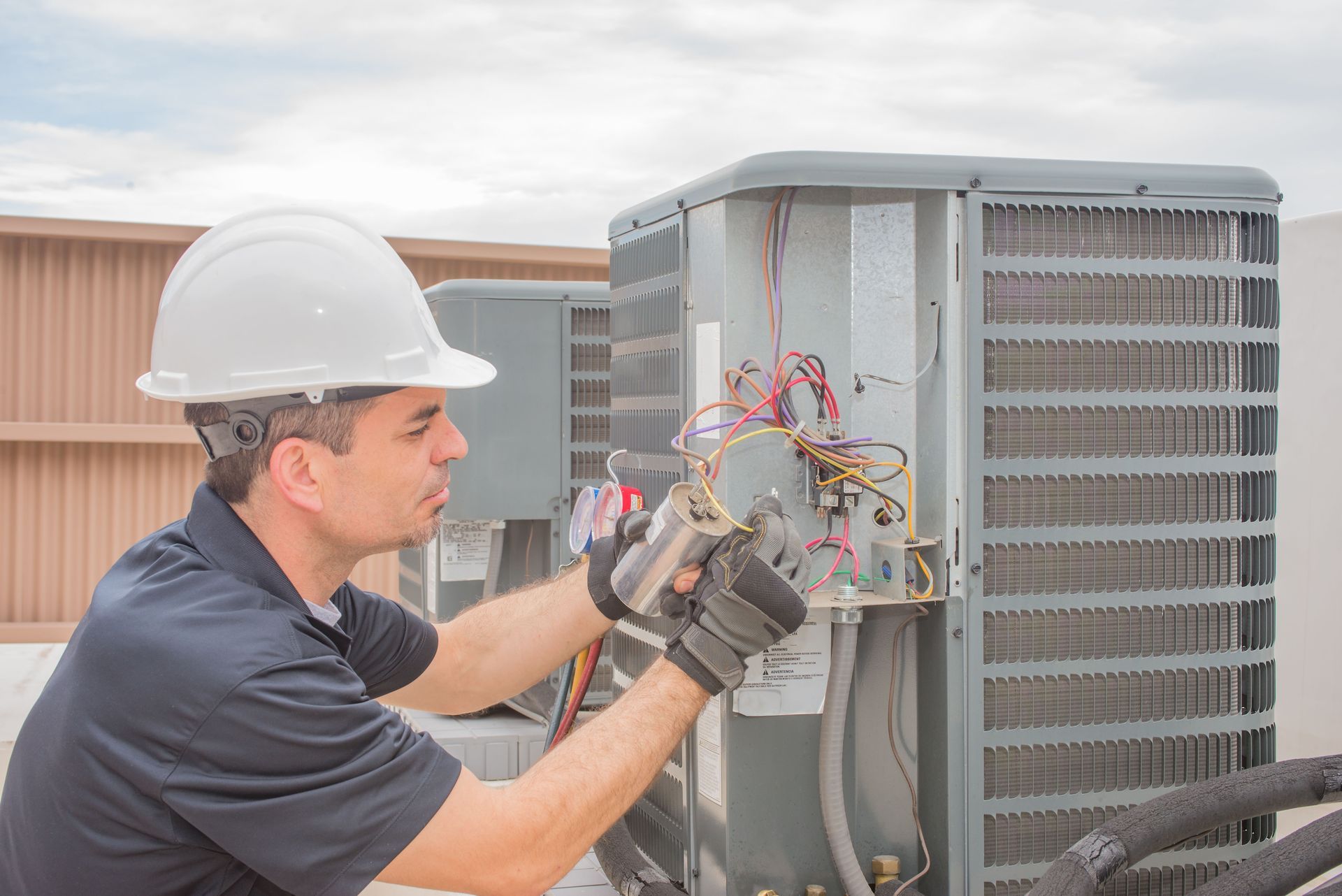
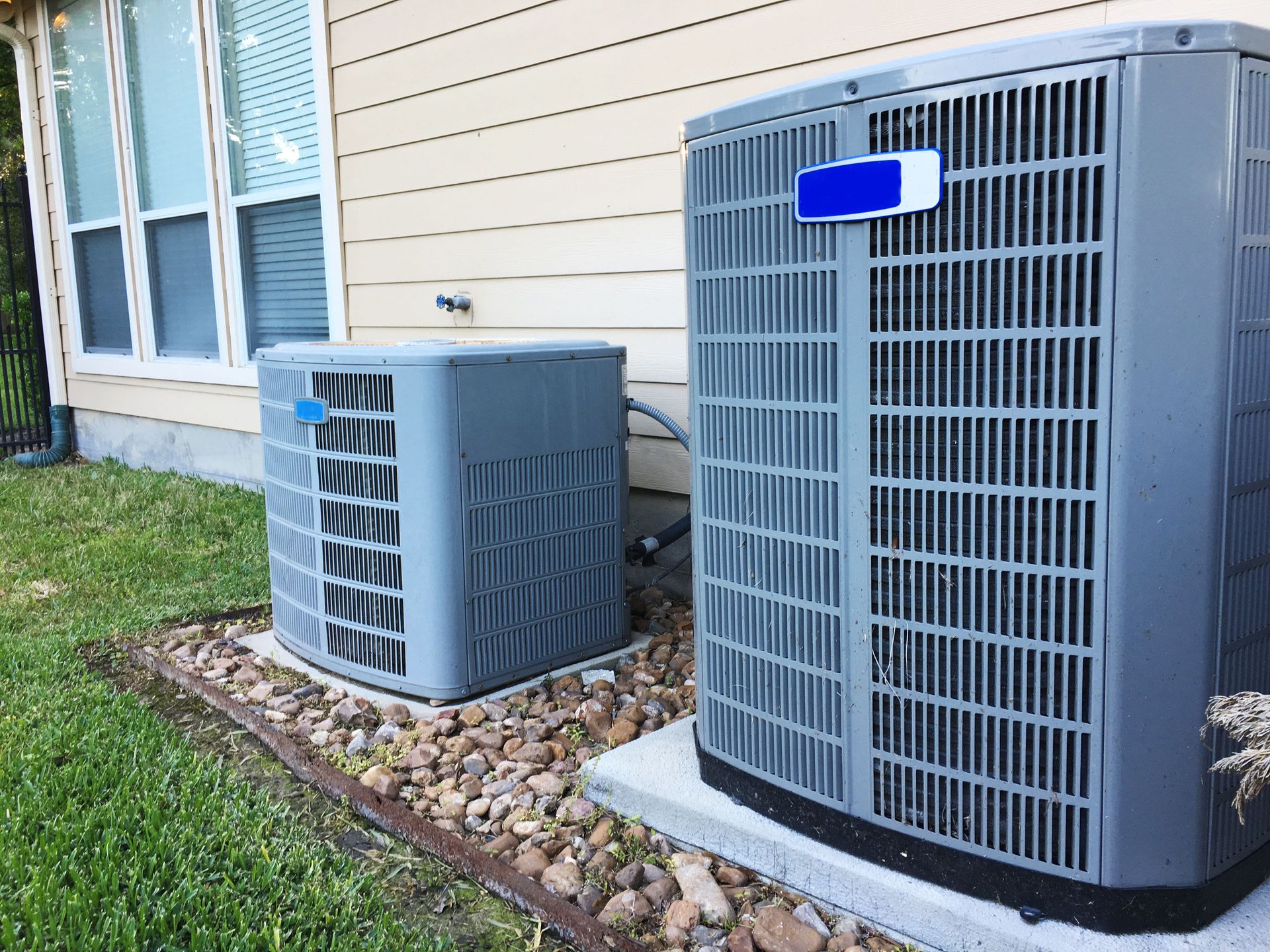
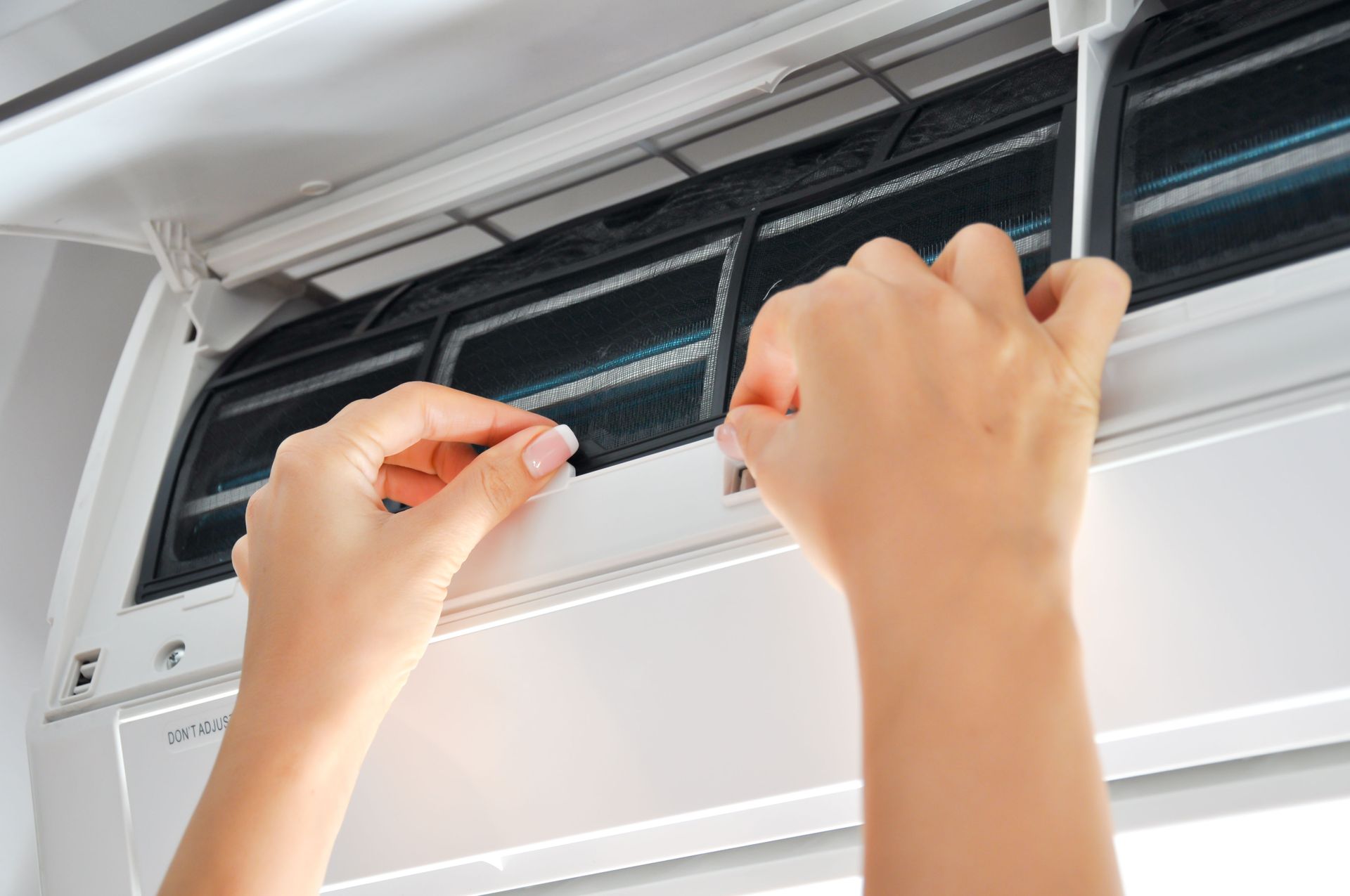
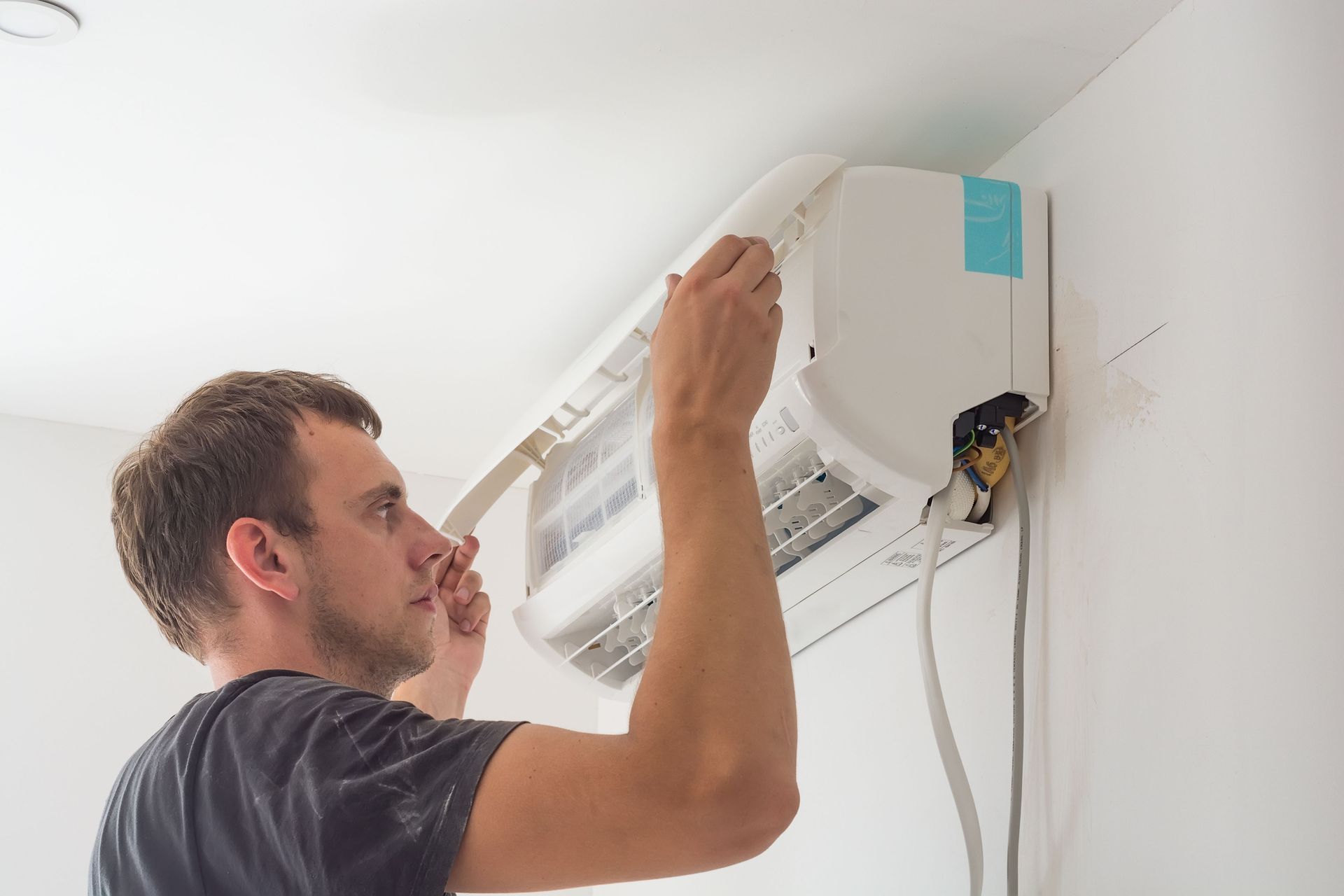
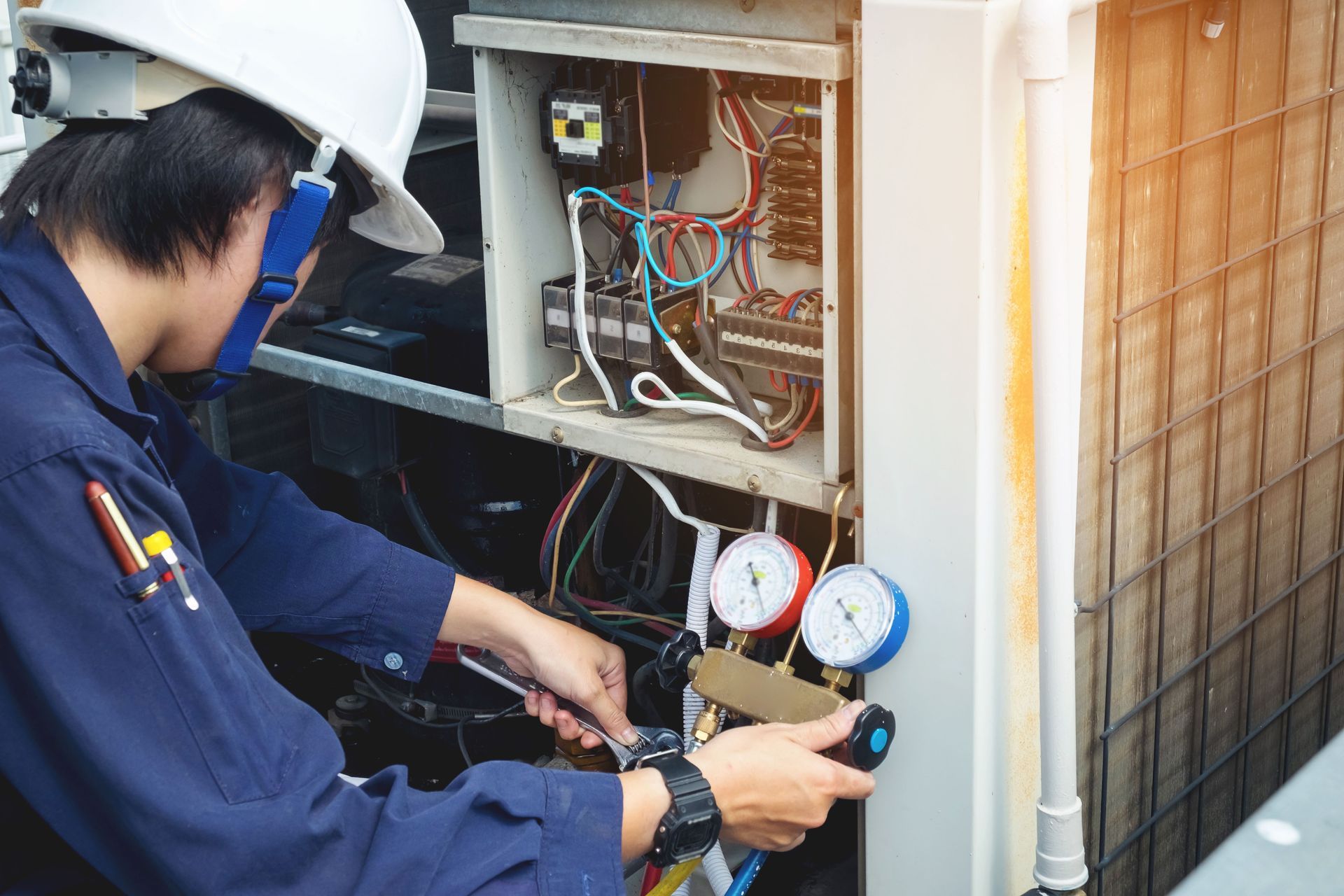
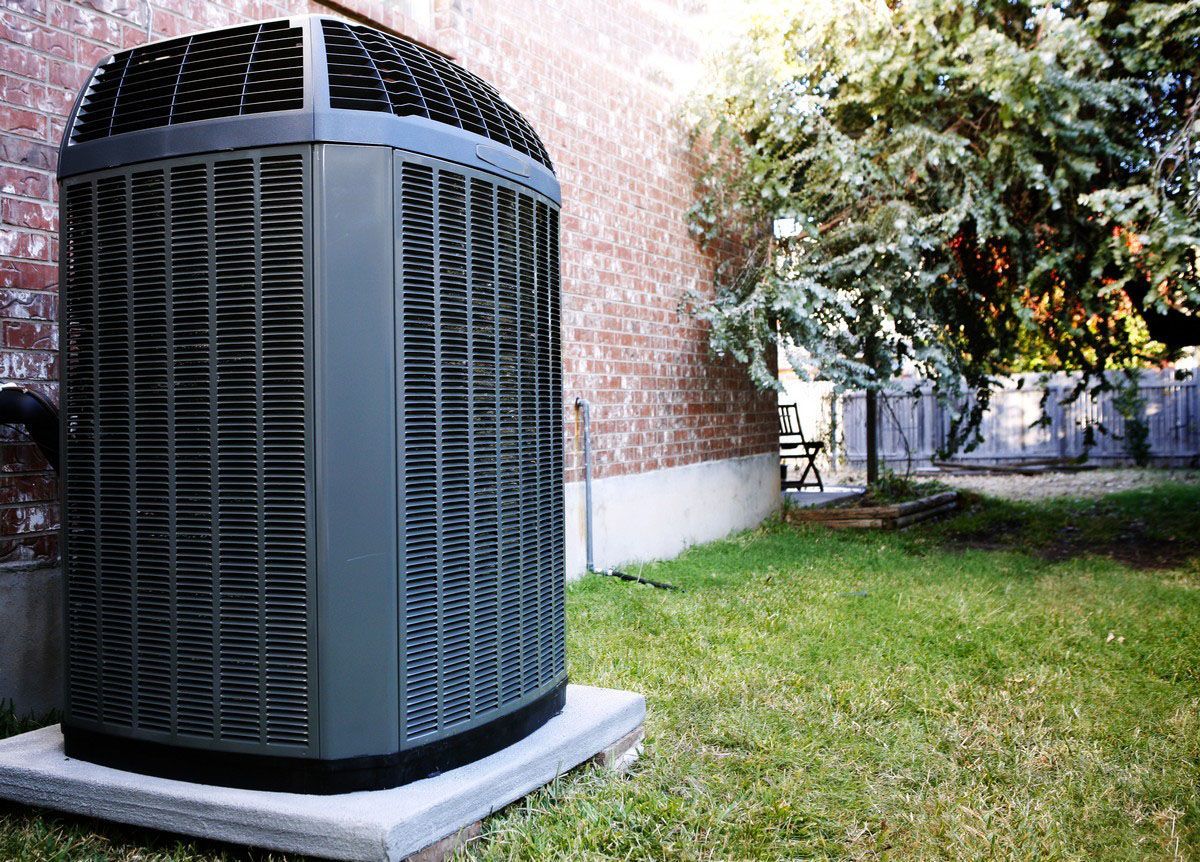
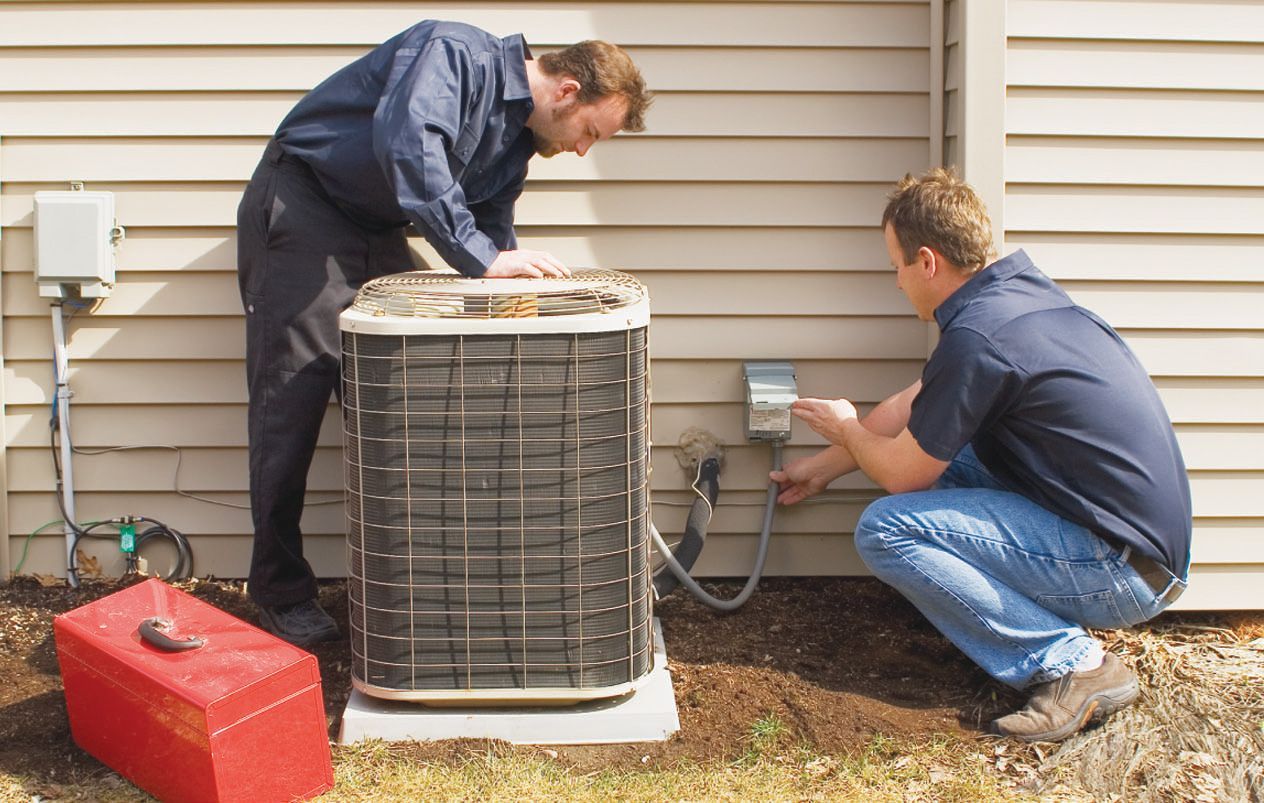
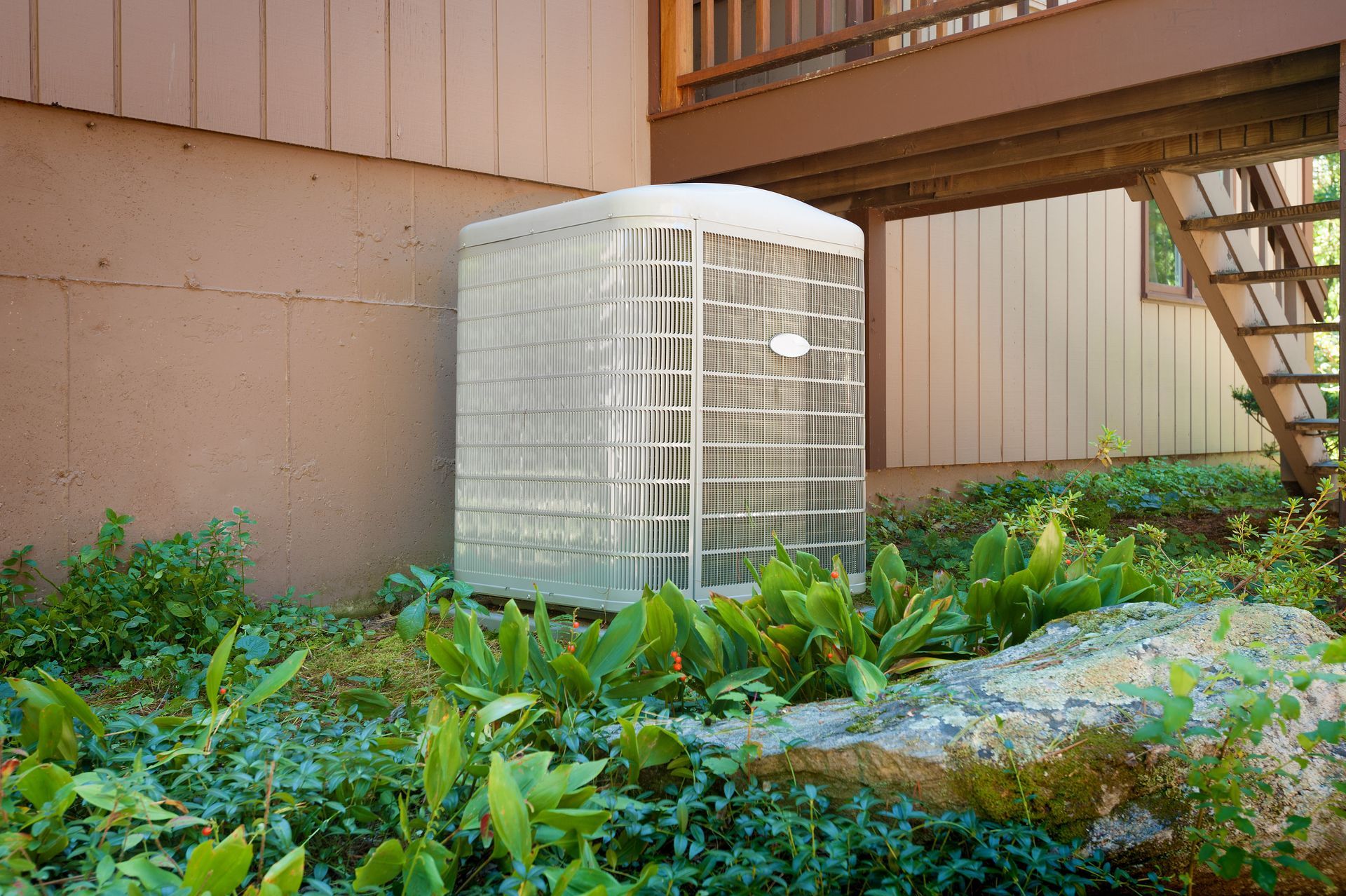
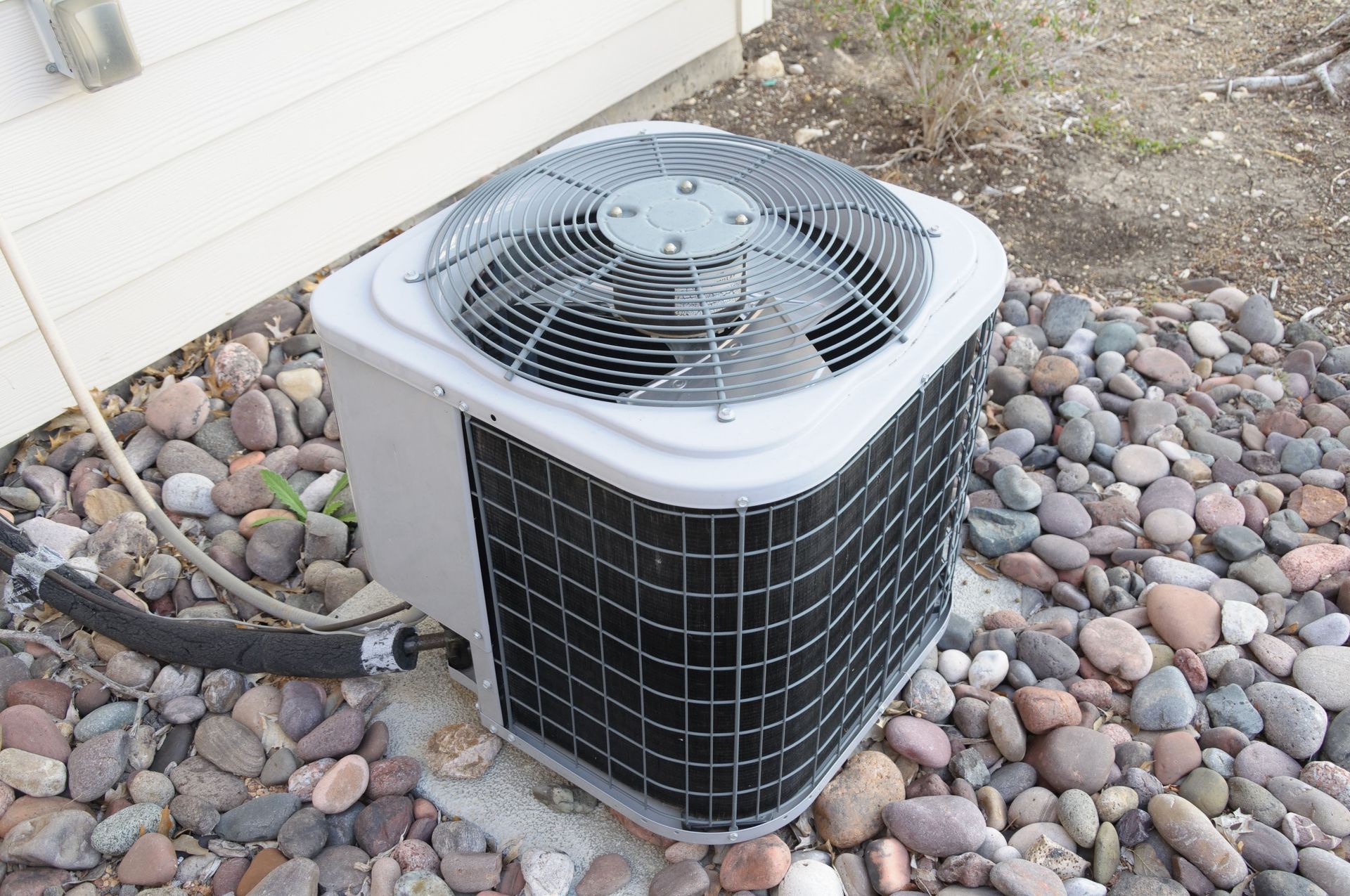
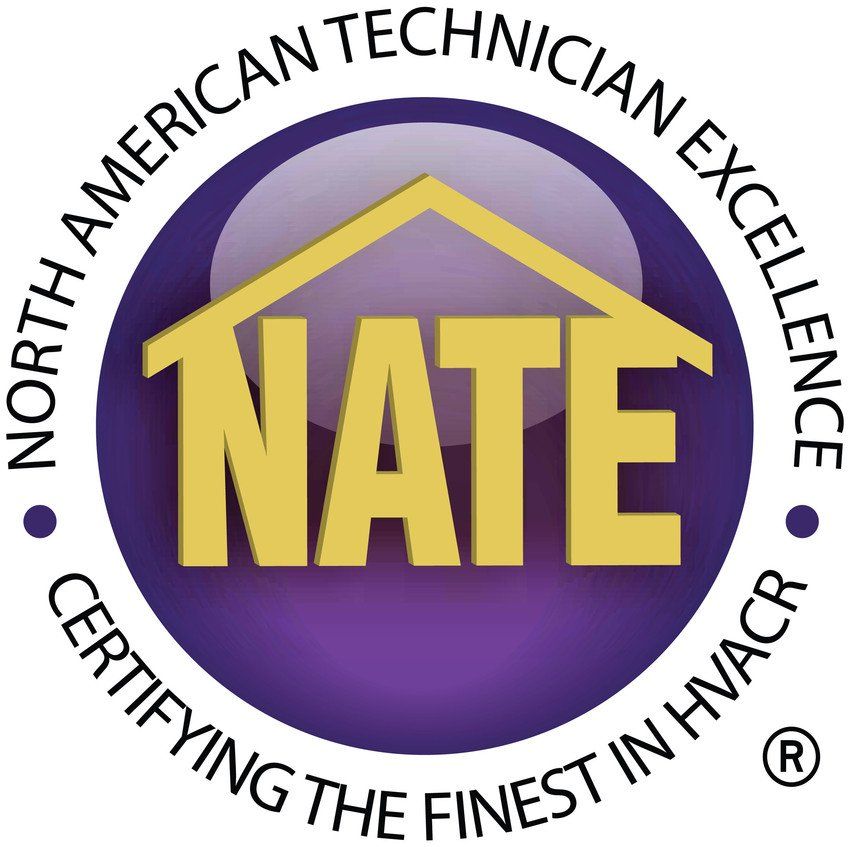

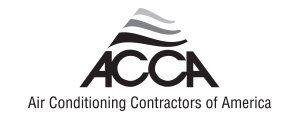
Share On: